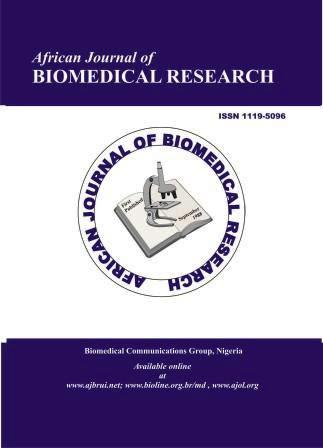Heart in Action: Implementing Rapid Health Appraisal Techniques for Undergraduate Medical Education in Puducherry, South India
DOI:
https://doi.org/10.53555/AJBR.v28i1.6991Keywords:
family Adoption programme, participatory rural appraisal, community based learning, experiential learning, medical educationAbstract
Introduction: National Medical Commission (NMC) introduced guidelines for Family Adoption Program (FAP), emphasizing the use of Participatory Rural Appraisal (PRA) tools to enhance medical students' understanding of community health. The Health Appraisal by Rapid Techniques (HeART) program, launched in 2015 by the Department of Community Medicine, Mahatma Gandhi Medical College and Research Institute, Sri Balaji Vidyapeeth, Puducherry, exemplifies community-based experiential learning in medical education. This copyrighted initiative has been incorporated into FAP for first-year medical students providing hands-on exposure to the bio-psycho-social dimensions of health in rural settings.
Objective: To share insights and experiences from HeART program.
Methodology: The HeART program is being conducted annually for all first-year undergraduate medical students. The programme involves a preparatory phase, including strategic village selection, mapping zones, and engaging volunteers. Students undergo intensive training on PRA tools which are later applied during three days of immersive fieldwork among rural community members. Through these activities, students interact with community members and explore on some of the common existing health related problems. Finally, the students interpret and present their findings, reflect upon their learning points to the faculty and peers.
Results: The HeART program has had a transformative impact on students, enhancing their understanding of health determinants, cultural sensitivity, and critical thinking as well providing earliest exposure to qualitative research techniques.
Conclusion: By bridging theoretical learning with practical application, the HeART program provides a replicable framework for community-based medical education and holds potential for further expansion to enhance its educational and community impact.
Downloads
Published
Issue
Section
License
Copyright (c) 2024 Lalithambigai Chellamuthu, Prahankumar Rajendran , Anlin Jenisha, Jenifer Florence Mary (Author)

This work is licensed under a Creative Commons Attribution 4.0 International License.









